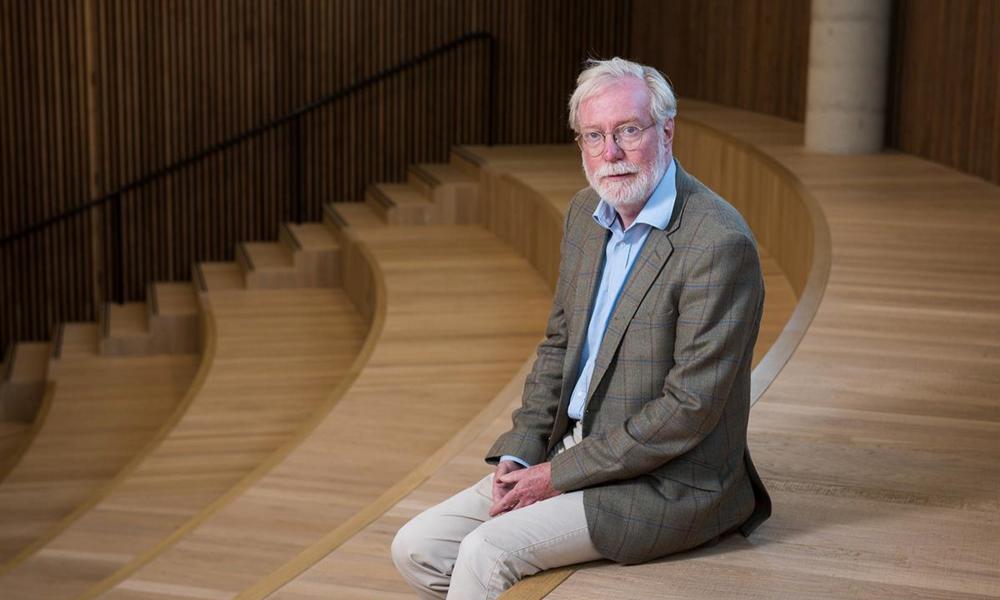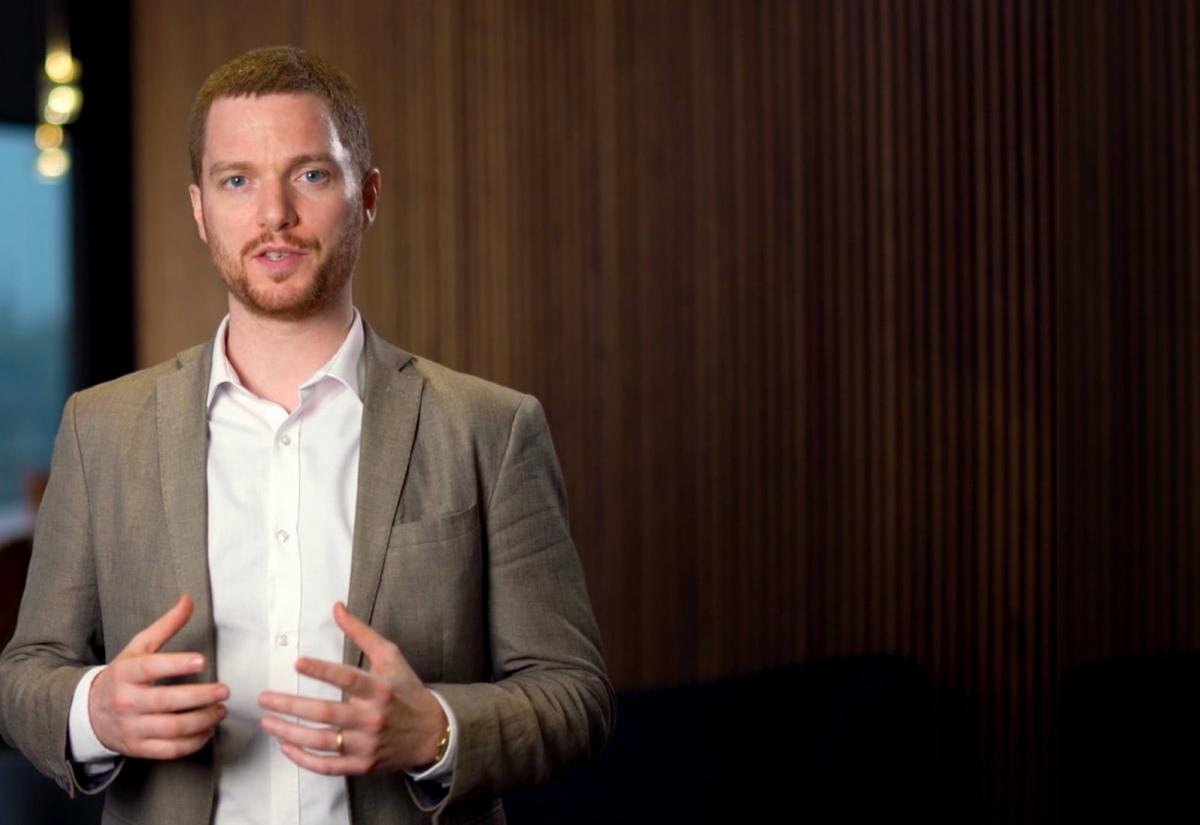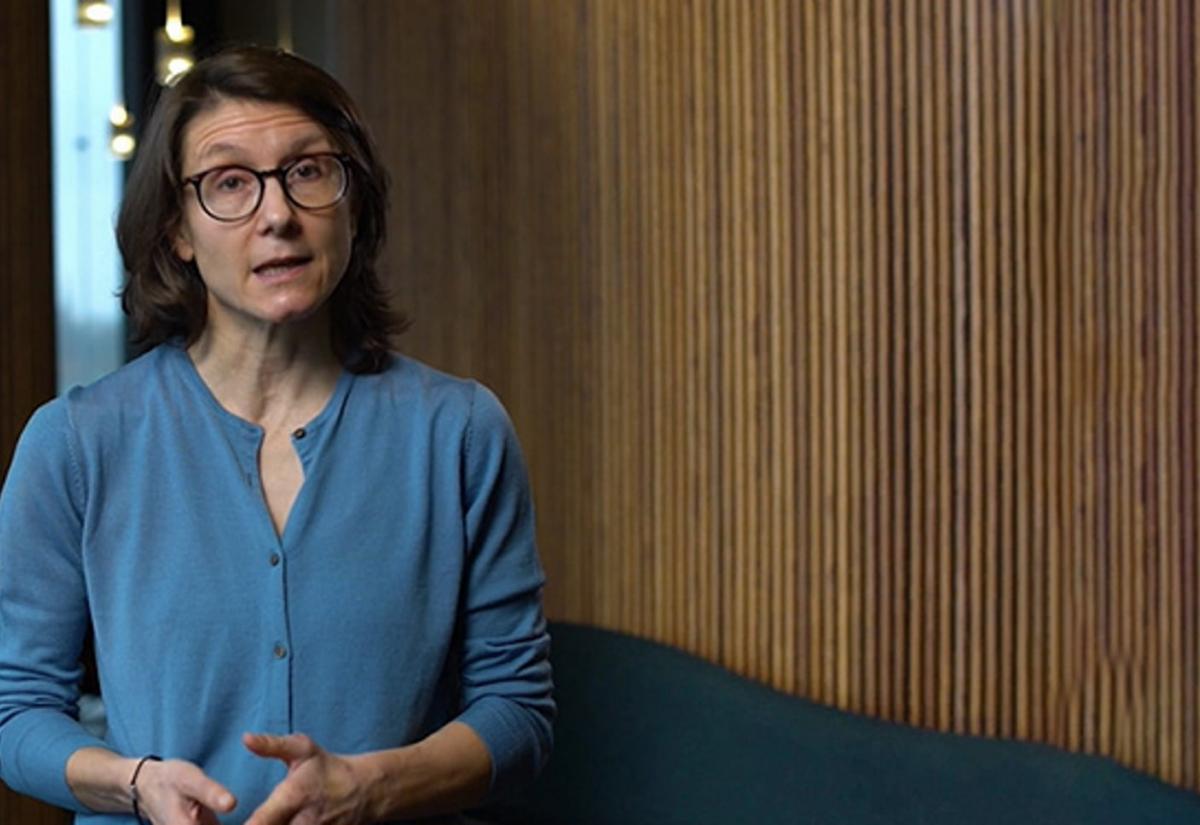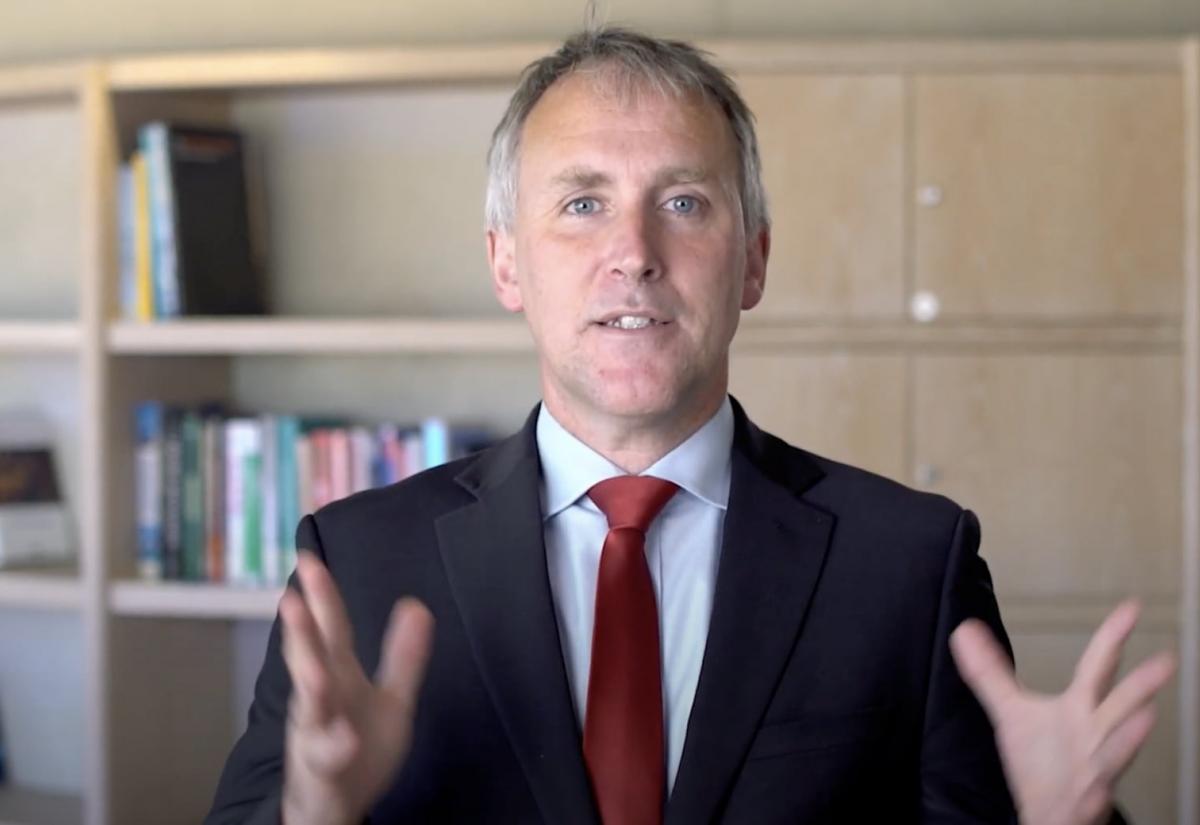How can poor societies become prosperous and overcome obstacles to do so? In order to move out of poverty and into prosperity, it is important to learn about the role that government plays in society.
In this Massive Open Online Course (MOOC), led by renowned economist Sir Paul Collier, you will explore the political, social, and economic factors that drive prosperity. You will also gain a better understanding of how your community and country can flourish, wherever you are in the world.
I have consistently been studying in online learning environments since 2010 and this course design and the delivery by Professor Collier by far exceeded my initial expectations with regards to what an online mass education program would be able to convey in information and knowledge.
I can use concepts and ideas for development activities for Myanmar and my work. As I live in a poor country, I cannot afford to apply for an Oxford University course, but I can study an Oxford course thanks to you.
Led by Sir Paul Collier, the School’s globally renowned Professor of Economics and Public Policy and author of the acclaimed book The Bottom Billion, this MOOC examines the vital role government plays in economic development, analysing the political, social and economic factors that elevate any society from poverty to prosperity.
‘From Poverty to Prosperity’ presents theories on economic development and applies them to case studies of individual countries, as well as comparative analysis, readings, quizzes, assignments and discussion forums. At the end of the course, students will be able to understand the factors that influence development and the different development paths that countries across the world have taken.
This free online course which uses pre-recorded video lessons is self-paced which allows you to learn at any point in your own time.
Participants need no specific academic qualifications. The course outline is as follows:
- Module 1: From anarchy to a centralised state
- Module 2: From centralised to inclusive states
- Module 3: Power, identities & narratives
- Module 4: Growth through urbanisation & industrialisation
- Module 5: Natural resources and aid
- Module 6: External influences: Trade, migration, international governance rules, and military intervention
The course is aimed at anyone with an interest in economic development, from university students and people working in government and NGOs, through to education and business professionals around the world, and active and engaged citizens who are passionate about the development of their countries. You will find the course, delivered by a world-leading expert on the topic, a useful tool to understand how political and social foundations interact with economic opportunities in developing countries.

Understanding Economic Development
Expanding social networks
What would your advice be?
I have greatly enjoyed this course and will recommend it to all that will listen. At a time when populism across the globe (e.g. US, UK) is leading to increased xenophobia, and far less concern for our neighbours and the disadvantaged, your message gives me hope.
I felt honoured by having this opportunity and felt such pleasure in this course. It inspired a series of talks with friends in Brazil and I encouraged them and others to come and take part.



